Description
Attachment theory is a framework for understanding human behaviour that helps us identify the nature and source of an individual or group’s responses to anxiety, change, threat or danger, and can be used across a range of therapeutic interventions.
Integrated within the first edition of Attachment-based Practice with Adults but bound and sold separately for the second edition, The Interviewing Guide lets readers see how the three core attachment strategies – distancing (‘A’), preoccupied (‘C’) and balanced (‘B’), influenced by procedural, sensory, semantic, episodic and integrative memory systems – are typically expressed in verbal and non-verbal communication. Reproducible discourse marker sheets allow readers to keep a log of interviews to become more familiar with patterns of discourse and their underlying functions.
Audience
Practitioners, teams, trainers and supervisors working with adults across a diverse range of disciplines including psychiatry, clinical psychology, psychotherapy, counselling, social work, nursing, youth work, criminal justice, family support work, adoption and fostering, midwifery, family nursing, teaching and education.
Details
Publisher: Pavilion Publishing and Media
ISBN: 9781803882710
Publication: July 2023
Content
Introduction
Memory systems
• Procedural Memory
• Imaged/sensory memory
• Semantic memory
• Episodic memory
• Integrative/working memory
Attachment strategies – A, B and C
Discourse marking sheets
The Interviewing Guide
• Type A (distancing) strategy
• Type C (preoccupied) strategy
• Type B (balanced) strategy
Authors
Clark Baim is a psychotherapist, supervisor, group leader and consultant. He is President of the British Psychodrama Association, and he is also on the faculty of the Family Relations Institute. He is lead author of the book Attachment based Practice with Children, Adolescents and Families (Pavilion, 2022).
Tony Morrison was a leading figure in social care, particularly respected for his work on supervision, interdisciplinary collaboration and staff development. He was the first chair of the National Organisation for the Treatment of Abusers and was made an MBE in 1998. His book Staff Supervision in Social Care (Pavilion, 3e 2006) has become the standard text on the subject.

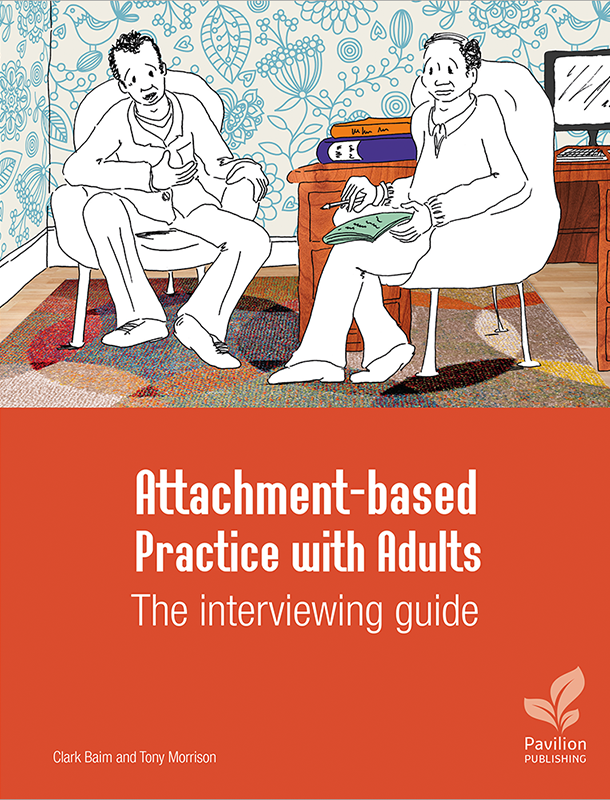
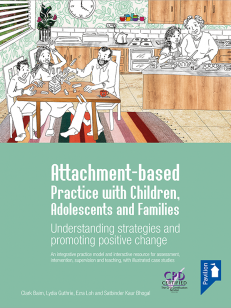
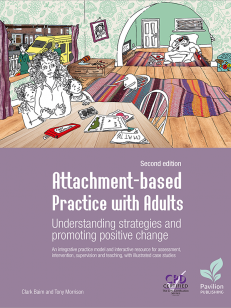
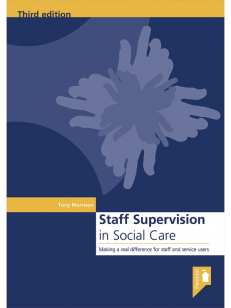
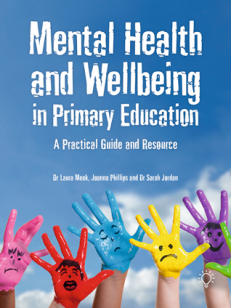
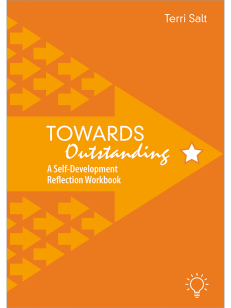
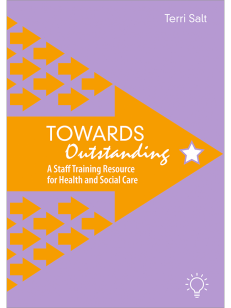
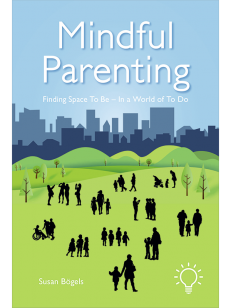
Reviews
There are no reviews yet.